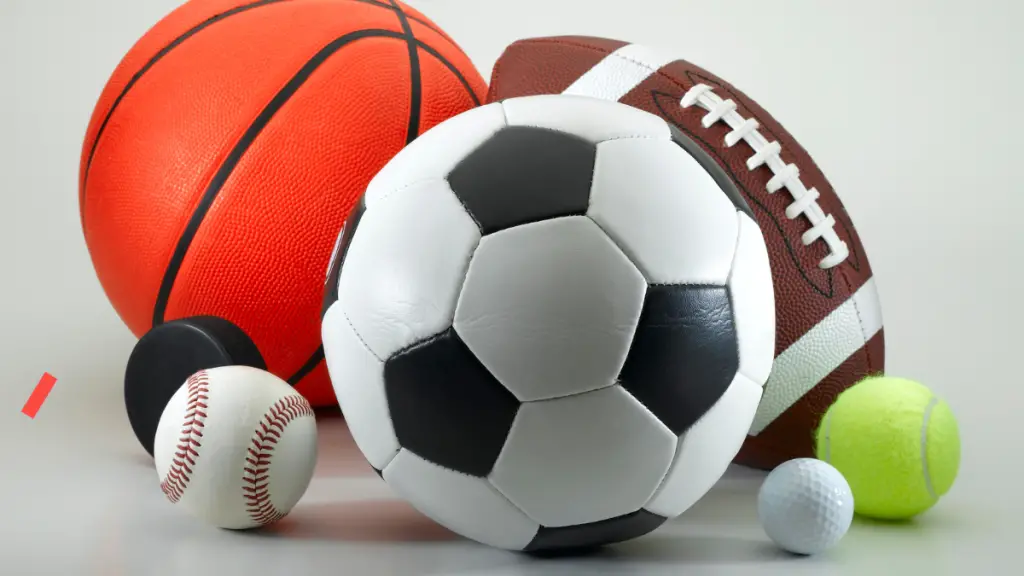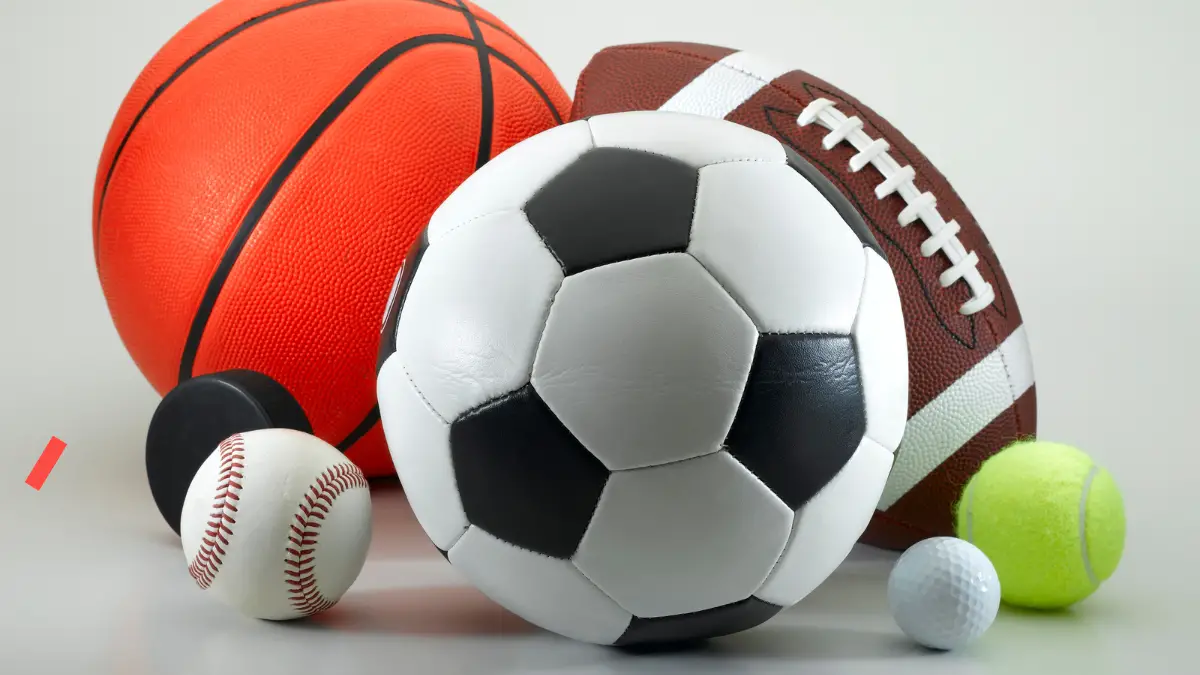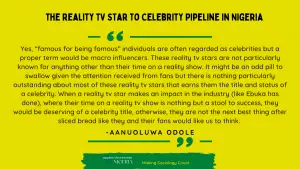It is no news that the Nigerian sports industry is slowly experiencing a decline. In recent times, there has been difficulty for the senior National teams and individuals representing the country to qualify for competitions. Most of the time when athletes even qualify, there is always a situation where these athletes call out those at the helm of affairs over mismanagement of funds or inappropriate conditions for training.
These are just some of the symptoms that have shown that the Nigerian sports industry might be heading downhill. Well, those are not all the challenges faced by the Nigerian sports industry. In this article, you’ll be reading a thorough analysis of 4 main challenges that the growth of the Nigerian sports industry. Here we go!
1. Corruption
Corruption has eaten deep into the operations of the Nigerian sports industry. It is not a thing that can be hidden anymore. Almost everyone knows about the corrupt practices that have kept the Nigerian sports industry from developing.
At every competition that Nigerian athletes compete in, there is always news about how athletes are being deprived of their allowances. If it is not that, then, it would be about how qualified athletes are left out due to favoritism by some bosses at the top. One of the recent cases was the one of Favor Ofili at the Summer Olympics who was deprived of competing with the national colors.
These are just a few examples of the numerous cases of how corruption has taken over the sports industry.
Because these corrupt practices have not been tackled for a long time, it has resulted in poor performances by Nigerian athletes at competitions. In a recent interview, Mikel Obi revealed that he sponsored the Nigerian Olympics 2016 team flight to Brazil due to the Nigerian Football Federation’s inaction.
Unfortunately, this has become quite a norm for several athletes who have competed in the National Colors in recent times. As a result, Nigerian athletes go into these competitions becoming the laughing stock for other countries, and end up having their years of hard work watered down.

2. Poor Infrastructure
Poor infrastructure is also one of the leading causes of the slow development of the Nigerian sports industry. Every year, there is a lot of money pumped into the sports industry. However, it seems the results of the cash injection into this industry have not shown.
There are just a handful of standard stadiums where athletes can train and other equipment is provided for their training. For instance, the Super Eagles mainly use two stadiums for their home matches. It is either the Abuja Stadium or the Akwa Ibom State Stadium.
Most times, they have their games at the Akwa Ibom State Stadium and the distance can be quite challenging. Now, imagine the stress that Nigerian players who play in Europe have to face when they arrive for games in Nigeria. They would have to travel to Abuja first and then take another flight to Akwa Ibom State. This can impact the performances of their matches and cause fatigue.
In contrast to this, if there were enough stadiums, the performances of the Nigerian athletes would be much better. There would be less stress traveling down for games and as such, their performances would be impacted positively.
So, there’s a need for the development of infrastructures for the Nigerian sports industry. It would greatly improve the athlete’s competitive level and bring praise to Nigeria in extension.
3. Undue Political Interference
Undue political interference in the sports industry is also one of the challenges faced by the Nigerian sports industry. This is one of the decade-old issues that have slowed the growth of the sports industry in Nigeria. In as much as there are some functions the government is allowed to play in sports, their roles are defined.
They can only have little part to play such as funds disbursement and so on. However, when it comes to making decisions about the sporting activities, athletes, and the conditions of athletes, then the government is restricted.
In Nigeria, the opposite is the case. There’s a high level of government interference in every sporting decision made. Politicians are appointed at the helm of affairs over ex-athletes to make decisions for athletes in the sports industry.
As such, the decisions they make may not be favorable to the athletes since they do not have the experience of being on the field.
So, in Nigeria, the government’s role should be well-defined by the relevant stakeholders. For example, football has an outline of how much government can be involved in the sport. Failure to adhere to these outlines can lead to sanctions.
So, this should be clearly defined to government appointees and crucial roles should be given to ex-athletes who have had the experience. The decision that would be made by these ex-athletes would then, go as far as applying to athletes directly rather than a person who may not have an idea of such matters making decisions.
4. Poor Grassroot Development
Years ago, Nigeria used to have the best grassroots development pattern. However, in recent years, that has changed. Now, it seems there has been mismanagement when it involves picking talents to represent the country at senior levels.
For example, Nigeria used to emerge winners at U-17 and U-20 tournaments at the World Cups and African football tournaments. Now, it seems it is hard to find Nigeria’s name on the qualifying sheets of these competitions. This is clear proof that something is wrong with the grassroots sector of the Nigerian sports industry.
It seems that the governing body of sports in Nigeria has completely neglected the grassroots sector. According to many grassroots coaches, there are hardly scouts and top coaches coming to see players at this level. There’s no doubt that if this continues this way for long, then, Nigeria would not have competent individuals representing the nation at competitions in the next few years.
Conclusion
As mentioned earlier, these challenges faced by the sports industry in Nigeria are just symptoms. These symptoms may lead to the eventual collapse of this industry. In view of this, we encourage relevant stakeholders in the Nigerian sports scene to take action before it’s too late.





